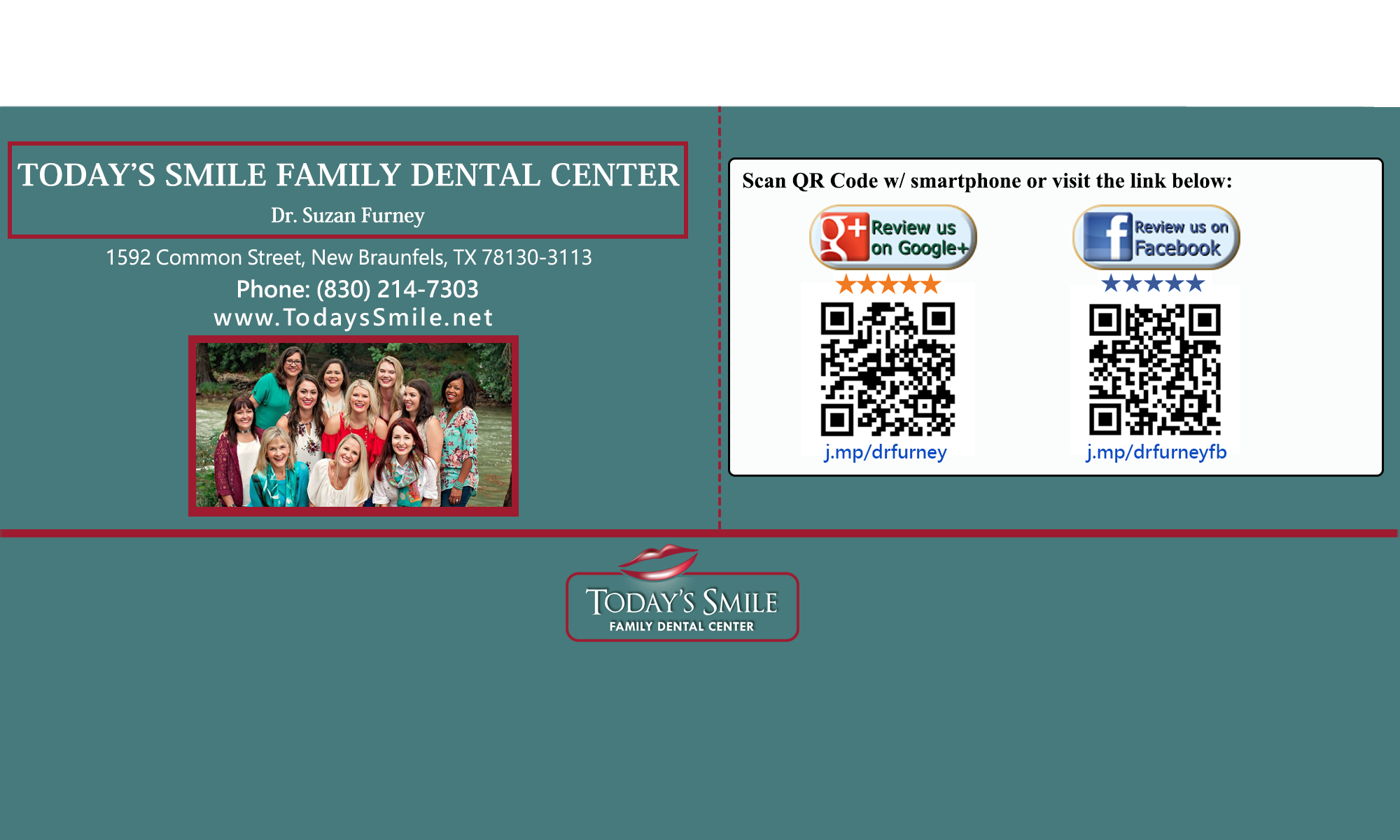Correcting problems with crowded and crooked teeth not only gives you a better smile, it also leads to a healthier mouth.
Malocclusion, also known as bad bite, involves teeth that are crowded or crooked.
Sometimes, the upper and lower jaws may not meet properly and, although the teeth may appear straight, the individual may have an uneven bite.
Problems such as protruding, crowded or irregularly spaced teeth may be inherited. But thumb-sucking, losing teeth prematurely and accidents also can lead to these conditions.
As well as spoiling your smile, crooked and crowded teeth make cleaning the mouth difficult. This can lead to tooth decay, gum disease and possibly tooth loss.
A bad bite can also interfere with chewing and speaking, cause abnormal wear to tooth enamel and lead to problems with the jaws.
Orthodontic treatment can help correcting these problems giving you a better smile but, more importantly, creating a healthier mouth.
Your dentist will advise you on how orthodontic treatment could help you.
